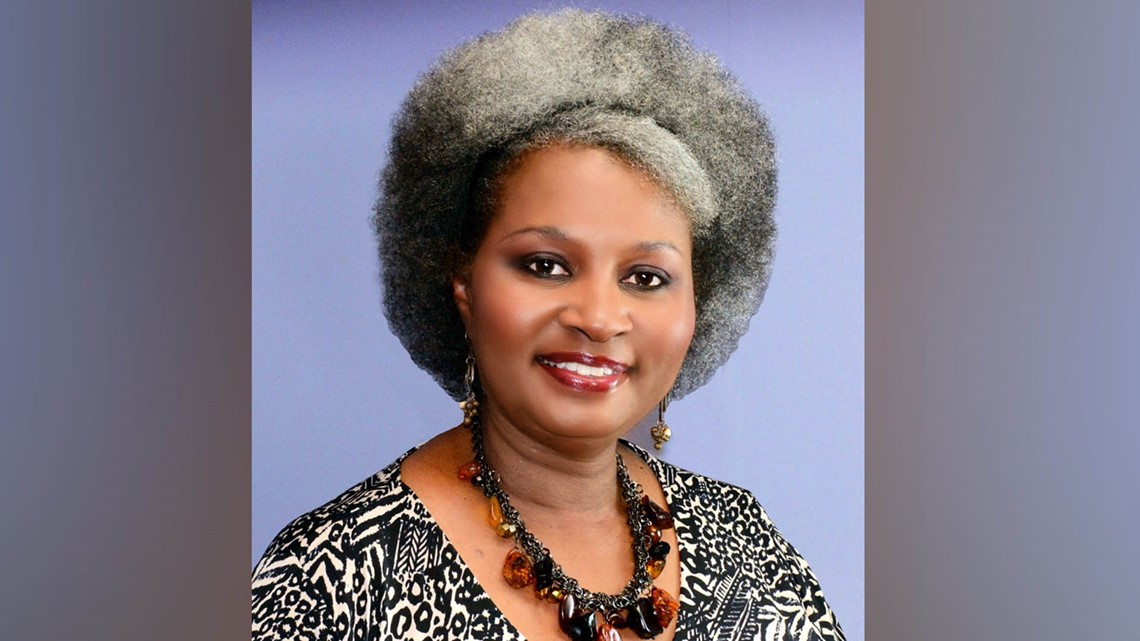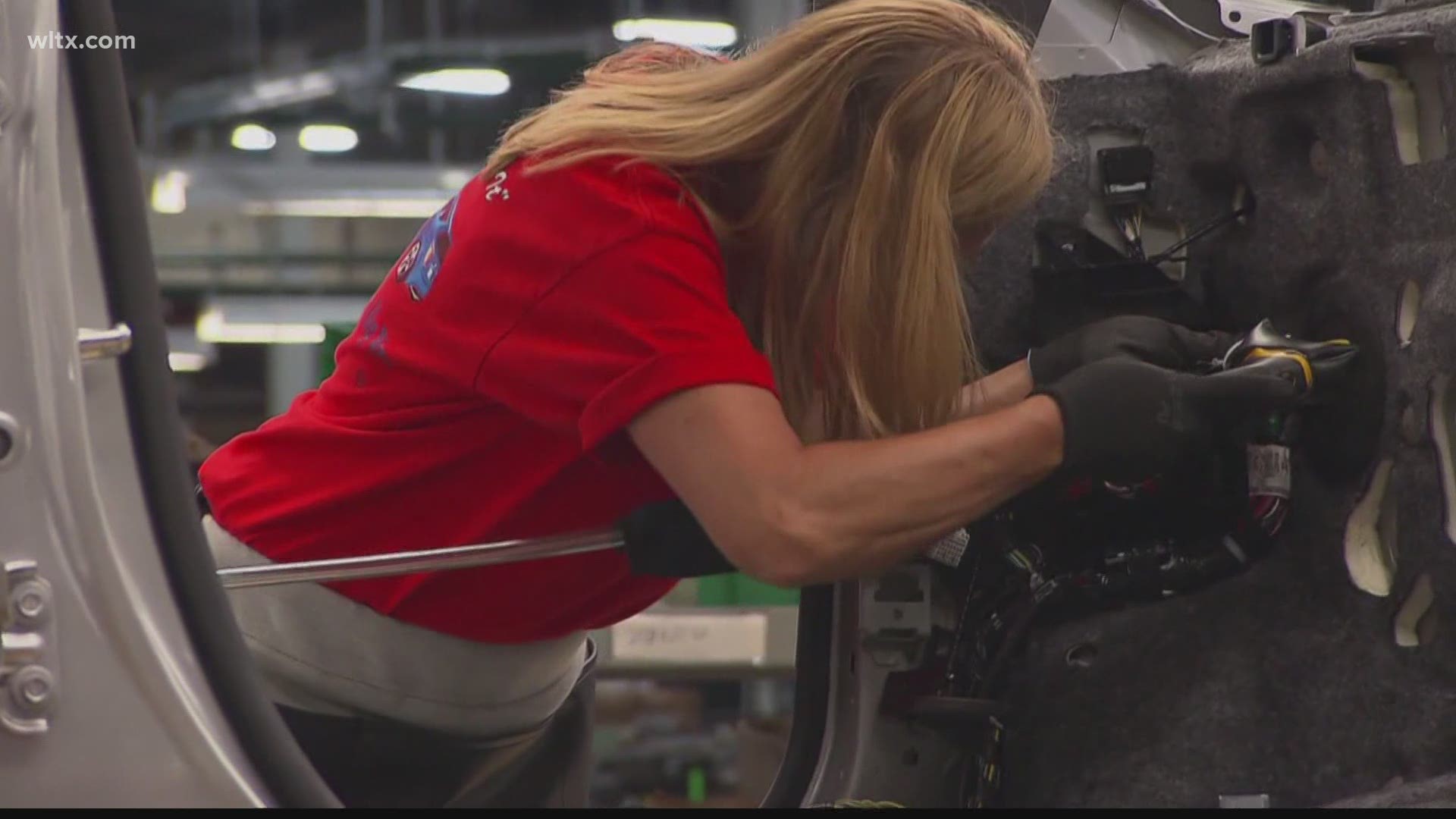COLUMBIA, S.C. — South Carolina state legislators say the pandemic is highlighting existing disparities in South Carolina, specifically gender and racial pay gaps.
A new bill is being introduced to tackle that.
"South Carolina has a larger gender, racial pay gap than the rest of the country," said Ashley Lidow, Director of Policy and Government Relations for the Women's Rights and Empowerment Network (WREN). "Black women in South Carolina make 57 1/2 cents to every dollar that a white man makes."
Lidow says South Carolina is one of four states in the nation without a law that explicitly prevents pay discrimination.
"We've actually only closed the wage gap here in South Carolina by $.04 cents in the last 20 years," she explained. "Over the course of a 40 year career, that's about $860,000 that they are losing to that wage gap."
A bill prefiled in the State House is working to level the playing field by paying men and women the same amount of money for doing the same work.
It's called the South Carolina "Act to Establish Pay Equity".
State Representative Wendy Brawley filed the bill.


"I think in a state that says it values work, we have to value the work of all people," said Brawley.
She first tried passing the bill in the last legislative session. She says the bill had roughly 30 co-sponsors and bipartisan support, but she couldn't get a hearing for the public to express their opinion on the matter.
This year, she says, could be different due to the pandemic.
"COVID has made an already bad situation even worse," said Brawley. "You have more people being required to stay home. If women were already, if you will, behind the eight ball in terms of not earning the kinds of salaries that they need or comparable salaries for the work that they're doing, now multiply that with them not being able to work at all."
The bill would prevent employers from asking your previous salary. They would instead look at what you bring to the position and whether you qualify.
It would also require employers to post the salary range so you know you're not being underpaid.
"I am hopeful that this will be the year that we decide to close some of those gaps," said Brawley. "That we realize that we can no longer move our state forward when we are leaving half of our population behind."
Data from WREN shows 2/3 of women in our state are the sole or co-breadwinner for their household.
TOP STORIES

